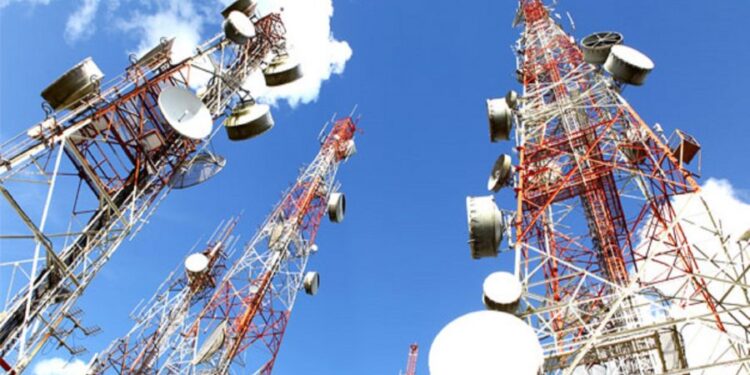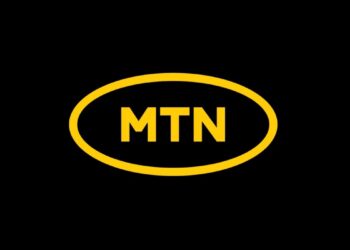The National Association of Telecommunications Subscribers (NATCOMS) has called on the Nigerian Communications Commission (NCC) to approve a marginal 10% tariff increase for telecom companies to alleviate the rising operational costs in the sector.
Mr. Adeolu Ogunbanjo, National President of NATCOMS, in a statement to the News Agency of Nigeria (NAN) seen by Nairametrics said that the tariff hike is necessary for telecom companies to sustain their operations and improve service quality.
He emphasized that the current economic conditions are severely impacting telecom operators, making it crucial for stakeholders to find a balanced solution.
“When you now look at the quality of service the telecoms companies are rendering these days it is very poor and they are also complaining. Do not forget that they said their operations were getting burdensome because the rising costs of things, such as petrol, diesel and some other things, that will make the network function appropriately are involved.
“They are complaining. I think in the last 11 years, they have not increased their service charge, operational costs have increased but not physical like we see in petrol,” he said.
Ogunbanjo pointed out that telecom companies have been operating under increasing financial strain due to the rising costs of essentials which are needed to power their networks.
Necessity of tariff hike
Ogunbanjo emphasized that although the proposed 10% tariff hike might seem significant to subscribers, it is essential for improving the overall quality of telecommunications services in Nigeria.
“The moment NCC approves the marginal increase of 10% which is a lot, they will have to really use it to improve services for their subscribers,” Ogunbanjo added, stressing that subscribers would see better quality in services following the increase.
He further highlighted the need for macroeconomic input, saying, “We need to take our macroeconomists seriously. Many of them have spoken up saying there needs to be help for the sector.”
Highlighting the dire state of the industry, Ogunbanjo referenced insights from a workshop led by economist Bismarck Rewane, Managing Director of Financial Derivatives. Rewane described the telecom industry as being in an “intensive care unit,” indicating that the sector is in crisis due to its financial struggles.
Rejection of load shedding
He said that the telecommunications operators suggested that they would provide services only in certain areas at specific times.
However, Nairametrics reported that some telecommunications operators have already begun implementing load shedding in certain areas to reduce operating costs amidst the ongoing economic challenges. This strategy prioritizes high-revenue areas, leading to better service in those regions, while other areas experience poor network quality
Ogunbanjo rejected the proposed load shedding saying it is similar to how electricity is rationed in the country. “Just like they are doing for electricity, for instance, in Lagos state – Agege, Apapa, and Ikeja, probably they will have service today and other areas will not have, you know, they start rationing like that, that is load shedding.’’ He stated
He warned that load shedding would have devastating effects on critical sectors like banking, education, and healthcare, all of which rely heavily on telecom services. “Meaning that service is off maybe for one day in the week or something. This will affect a lot of businesses. Many things are virtual these days. Meetings are done online. So, if they should do that, it will affect us.”
Ogunbanjo also cautioned that telecom subscribers would hold operators accountable for any disruptions in service caused by load shedding, potentially damaging the economy further.
























